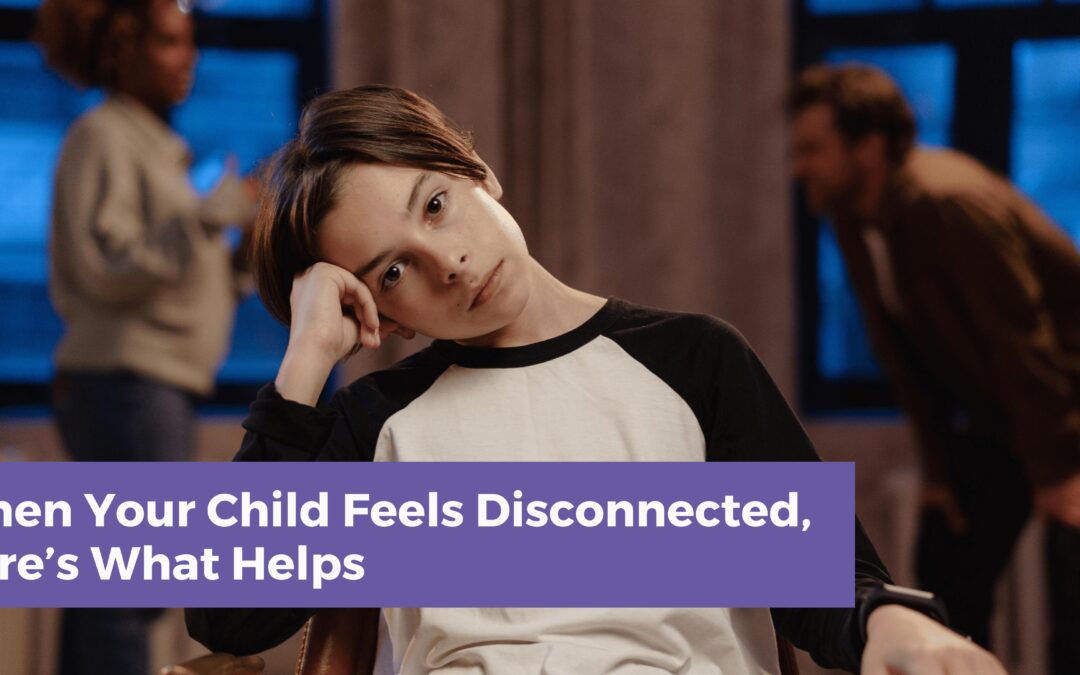We often hear from parents things like, She has friends but still says she feels alone or He’s doing fine at school but tells me he does not feel like he fits in anywhere.
These quiet comments can be easy to miss, especially when everything on the surface seems fine. But they often point to something deeper. A sense of disconnection.
This is something many young people face, even when they appear to be coping. It often comes back to one of the strongest foundations for wellbeing. Belonging.
Belonging is not just about having people around. It is about feeling seen, accepted and valued. It is also one of the most reliable protective factors we have. Research consistently shows that when a child feels they belong, they are more resilient and better able to manage life’s challenges. It lowers the risk of depression, anxiety, substance use, and disengagement from school or social life.
Belonging usually comes from three places. Feeling loved and accepted in your family. Feeling connected in friendships. Feeling like you fit in at school. If one or more of these is missing or shaky, the foundations feel less stable.
We see this in the ways humans have always responded to exclusion. Solitary confinement is used as the harshest form of punishment. Banishment has long been seen as one of the most severe penalties. Even at school, the most hurtful form of bullying is often being ignored or left out.
When children feel like they do not belong, they often turn that pain inward. They may become critical of themselves or withdraw altogether. Over time, this can lead to deeper feelings of hopelessness and self-doubt.
The challenge today is that many families are stretched for time. We live in a culture that moves quickly. Children are rushed and parents are often pulled in different directions. Parenting can start to feel like a list of tasks. Conversations become short and quality time becomes rare.
This is not about blaming parents. Most are doing the best they can in a system that is not set up to support connection. But it is a reminder that the simple things still matter.
Belonging starts at home. Small moments of connection throughout the day can have a lasting impact. Listening without interruption. Noticing when something seems off. Sitting down for five minutes and just being together. Including your child in small decisions. Praising effort rather than outcome.
These are not big changes. They are quiet but consistent actions that send the message, you matter, you belong.
It is not always easy. And sometimes the disconnection goes deeper than what a parent can repair on their own.
If your child often talks about feeling left out or like they do not fit anywhere, therapy can help them explore those feelings and understand where they are coming from.
At The Therapy Hub, we work with children, teens and parents to rebuild connection, strengthen relationships, and support emotional wellbeing.
We also offer the Connected Teens program, designed for those parents finding it hard to connect with their teen, or who feel unsure how to support them through this stage of life. This parent-focused program offers guidance and strategies to strengthen your relationship with your teen, understand their emotional world, and respond in ways that support connection rather than conflict. It is about making small changes that can have a lasting impact.
Get in touch to find out more or to book a session with one of our therapists.









Recent Comments